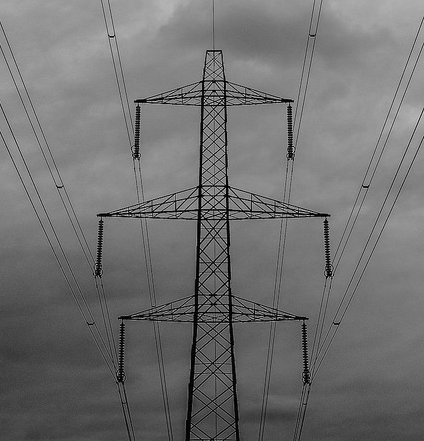US Utility Companies Warned About Potential for a Cyberattack After Ukraine’s
The Obama administration has warned the nation’s power companies, water suppliers and transportation networks that sophisticated cyberattack techniques used to bring down part of Ukraine’s power grid two months ago could easily be turned on them. After an extensive inquiry, American investigators concluded that the attack in Ukraine on Dec. 23 may well have been the first power blackout triggered by a cyberattack — a circumstance many have long predicted. Working remotely, the attackers conducted “extensive reconnaissance” of the power system’s networks, stole the credentials of system operators and learned how to switch off the breakers, plunging more than 225,000 Ukrainians into darkness...
 Equally interesting to investigators was the technique used: The malware designed for the Ukrainian power grid was directed at “industrial control systems,” systems that act as the intermediary between computers and the switches that distribute electricity and guide trains as they speed down the track, the valves that control water supplies, and the machinery that mixes chemicals at factories. The most famous such attack was the Stuxnet worm, which destroyed the centrifuges that enriched uranium at the Natanz nuclear site in Iran. But that is not an example often cited by American officials — largely because the attack was conducted by the United States and Israel, a fact American officials have never publicly acknowledged.
Equally interesting to investigators was the technique used: The malware designed for the Ukrainian power grid was directed at “industrial control systems,” systems that act as the intermediary between computers and the switches that distribute electricity and guide trains as they speed down the track, the valves that control water supplies, and the machinery that mixes chemicals at factories. The most famous such attack was the Stuxnet worm, which destroyed the centrifuges that enriched uranium at the Natanz nuclear site in Iran. But that is not an example often cited by American officials — largely because the attack was conducted by the United States and Israel, a fact American officials have never publicly acknowledged.
Experts in cybersecurity regard the Ukraine attack as a teaching moment, a chance to drive home to American firms the vulnerability of their own systems. “There’s never been an intentional cyberattack that has taken the electric grid down before,” said Robert M. Lee of the SANS Institute. Mr. Lee said that while it was still not possible to determine who conducted the attack — what is called “attribution” in the cyber industry — he noted that it was clearly designed to send a political message. “It was large enough to get everyone’s attention,” he said, “and small enough not to prompt a major response.”...
- Tags:
- back doors
- cyberattack
- David E. Sanger
- Department of Homeland Security
- human-machine interface
- industrial control systems
- Iran
- KillDisk
- malware
- Obama Administration
- patriotic hackers
- power blackout cyberattack
- remote hacking
- Russia
- spearphishing messages
- Stuxnet worm
- Ukraine
- Ukrainian power grid
- unauthorized access
- Login to post comments